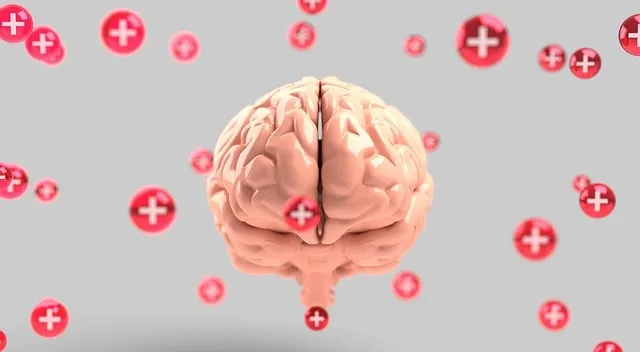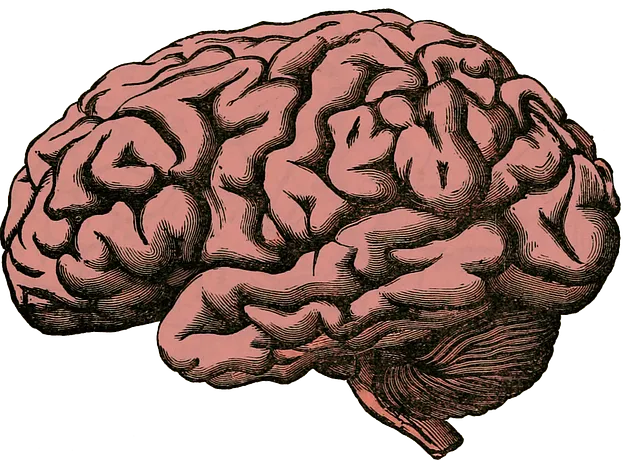The Kaiser Permanente behavioral health center in Longmont is a leading provider of trauma care, offering both acute and long-term support through evidence-based practices, cultural sensitivity, and empathy-driven strategies. They empower individuals to build resilience by integrating self-care routines into therapy and provide immediate crisis intervention services. Their innovative practices, including compassionate cultivation and mental health education, are making a profound impact on trauma survivors while focusing on accessibility, cultural sensitivity, and community outreach.
“In a world where trauma affects countless individuals, organizations like the Kaiser Permanente Behavioral Health Center Longmont play a pivotal role in offering essential support services. This article delves into the comprehensive approach to trauma care, starting with understanding its profound impact on mental and emotional well-being. We explore how centers like Longmont serve as safe havens, providing effective strategies for recovery. Furthermore, it discusses best practices and future prospects for enhancing trauma support, highlighting the continuous efforts of healthcare providers.”
- Understanding Trauma and Its Impact: A Foundation for Support Services
- The Role of Kaiser Permanente Behavioral Health Center Longmont in Trauma Care
- Enhancing Trauma Support: Best Practices and Future Directions
Understanding Trauma and Its Impact: A Foundation for Support Services

Understanding trauma is paramount when establishing effective support services. It’s a complex emotional response to distressing events or experiences that can have profound and lasting effects on an individual’s mental, physical, and emotional well-being. The impact of trauma varies greatly among people, manifesting as anxiety, depression, flashbacks, nightmares, or even dissociation. Recognizing these symptoms is crucial for connecting individuals with the right support.
The Kaiser Permanente behavioral health center in Longmont plays a vital role in this process by offering services tailored to address trauma. They emphasize Inner Strength Development, employing evidence-based practices and Mind Over Matter principles to help clients navigate their experiences. Furthermore, the center’s commitment to Cultural Sensitivity in Mental Healthcare Practice ensures that support is provided with an awareness of diverse backgrounds and needs, fostering a safe and inclusive environment for all individuals seeking recovery from trauma.
The Role of Kaiser Permanente Behavioral Health Center Longmont in Trauma Care

The Kaiser Permanente Behavioral Health Center Longmont plays a pivotal role in trauma care within its community. This specialized center is dedicated to providing comprehensive support and treatment for individuals who have experienced traumatic events, focusing on both acute care and long-term recovery. The team at Kaiser Permanente Longmont is comprised of expert mental health professionals who employ evidence-based practices and empathy-building strategies to assist patients in processing their trauma. By integrating self-care routine development into the therapeutic process, they empower individuals to cultivate resilience and promote better mental health outcomes.
In addition to individual therapy sessions, the center offers crisis intervention guidance, ensuring that patients receive immediate support during times of heightened distress. This holistic approach recognizes the diverse needs of those affected by trauma, offering not just treatment but also a safe and nurturing environment conducive to healing. Through its dedicated services, Kaiser Permanente Behavioral Health Center Longmont is making a significant impact in helping individuals navigate their trauma journey and rebuild their lives.
Enhancing Trauma Support: Best Practices and Future Directions

The Kaiser Permanente behavioral health center in Longmont is a beacon of hope for individuals navigating trauma, offering advanced support and innovative best practices. To enhance their services further, the integration of compassionate cultivation practices and mental health education programs design stands out as a promising direction. These approaches not only equip individuals with tools for mood management but also foster resilience and understanding, addressing the complex needs of trauma survivors holistically.
By combining evidence-based therapeutic techniques with these emerging practices, the Longmont center can create an even more supportive environment. Future developments should focus on tailoring these programs to diverse populations, ensuring accessibility and cultural sensitivity. Expanding community outreach and partnerships could also help in early intervention, preventing secondary trauma and promoting mental health wellness among at-risk groups.
Trauma support services play a vital role in healing and empowering individuals who have experienced traumatic events. As highlighted by the expertise of the Kaiser Permanente Behavioral Health Center Longmont, integrating comprehensive care with evidence-based practices can significantly improve outcomes. By focusing on understanding trauma’s impact and adopting best practices, we can ensure that resources like the Kaiser Permanente center in Longmont are equipped to offer effective support, fostering recovery and resilience among those who need it most. This focused approach is essential for navigating the complex landscape of trauma care and enhancing well-being in our communities.






